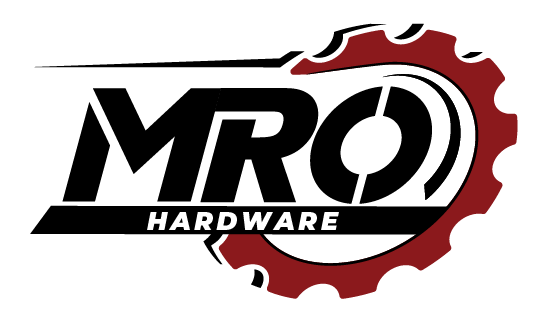Battery connectors play a crucial role in the functionality and efficiency of battery systems in various industries, particularly in automotive and marine settings. These connectors ensure that power is effectively distributed from the battery to the necessary components of vehicles and vessels, supporting performance and safety. This article explores the types, uses, and importance of these connectors in the automotive and marine industries.
What are Battery Connectors?
Battery connectors are devices designed to link the battery with the electrical system of a vehicle or vessel. They are critical for forming a secure and stable connection that facilitates the efficient transfer of electrical power. Made from conductive materials such as copper or brass, and often coated to prevent corrosion, these connectors must withstand environmental challenges and vibrations while maintaining conductivity.
Automotive Industry
In the automotive industry, these connectors are fundamental for the operation of cars, trucks, and other vehicles. They are specifically designed to handle the high demands of automotive electrical systems, which include starting the engine, powering the lights, and running advanced vehicular technology systems.
Types and Uses:
- Standard Post Connectors: These are used in most vehicles and provide a direct and robust connection to the battery terminals.
- Ring and Spade Terminals: Used for smaller connections or in areas with limited space, these terminals are ideal for connecting secondary wiring, such as audio systems or auxiliary lights.
- Quick Disconnect Connectors: These connectors are used for applications that require frequent disconnection and reconnection of the battery, useful in automotive repair or in emergency situations.
Importance: Automotive battery connectors must resist corrosion and wear due to exposure to elements like oil and extreme temperatures. A poor connection can lead to electrical failures, reduced battery life, or even safety hazards like electrical fires.
Marine Industry
Marine environments pose additional challenges for battery connectors due to constant exposure to moisture and salt. A marine battery connector is specially designed to withstand harsh conditions, ensuring that boats and other marine vehicles have reliable power for navigation, communication, and emergency systems.
Types and Uses
- Marine Grade Connectors: These connectors typically feature enhanced corrosion resistance and are built to handle the high vibrations and wet conditions common in marine settings.
- Heavy-Duty Terminal Blocks: Used to manage multiple connections securely, these are essential for larger vessels with complex electrical systems.
Importance: In marine applications, the reliability of battery connectors is vital not only for operational efficiency but also for safety on the water. Faulty connectors can lead to power failures that may disable critical systems, resulting in dangerous situations.
Conclusion
Battery connectors are indispensable in ensuring that vehicles and vessels operate efficiently and safely. In both automotive and marine industries, selecting the right type of battery connector and ensuring its proper maintenance is crucial. High-quality battery connectors reduce the risk of electrical issues, extend the lifespan of the battery, and help maintain the overall reliability of the transport system. As technology in these industries continues to advance, the role of robust and efficient battery connectors becomes ever more critical.

